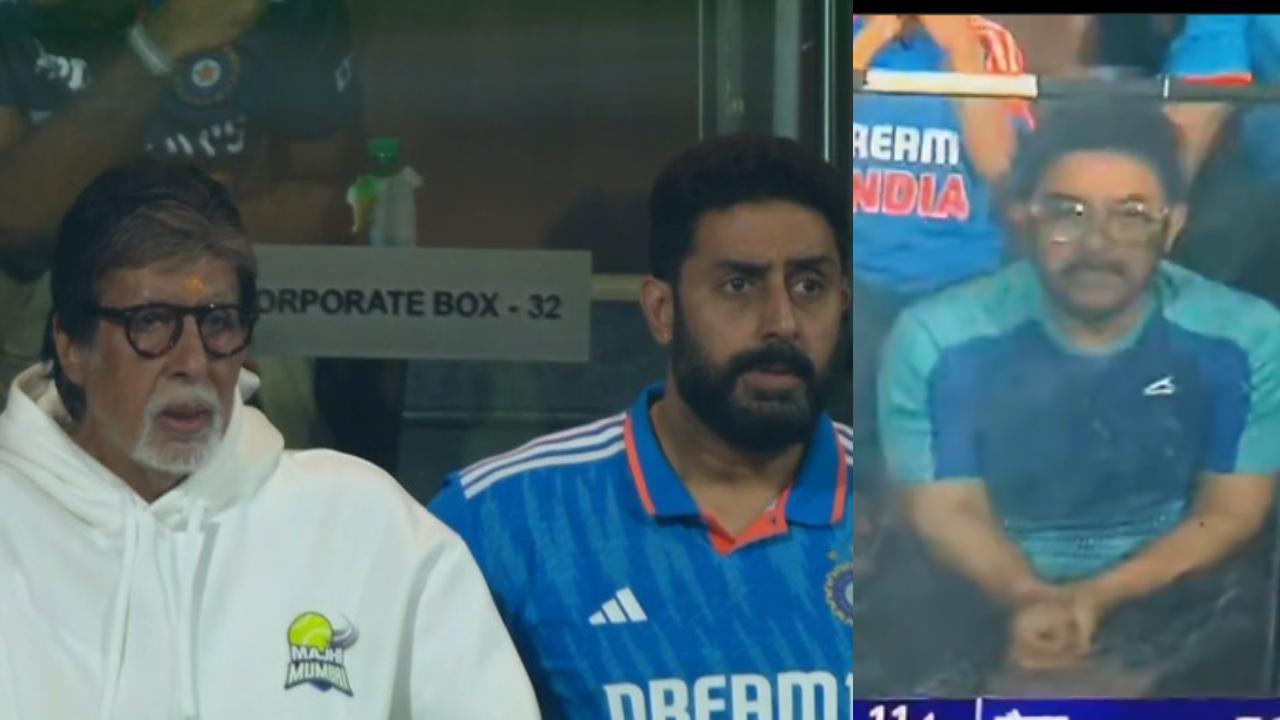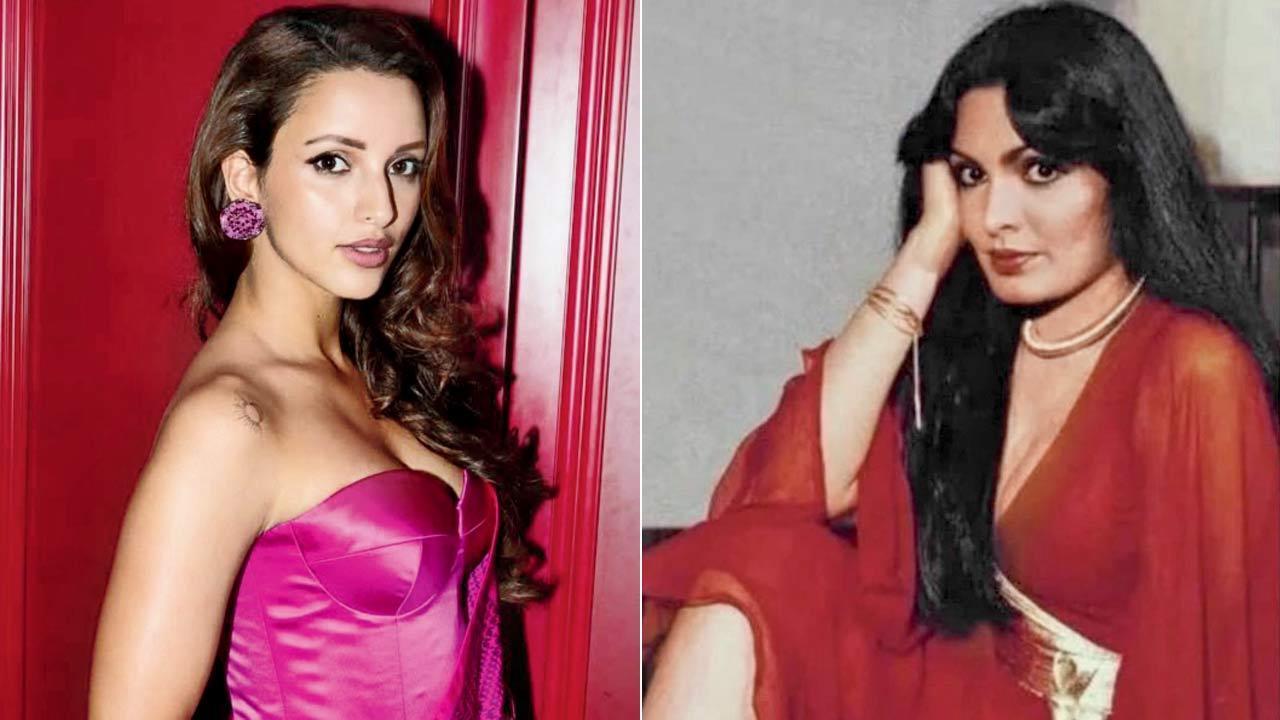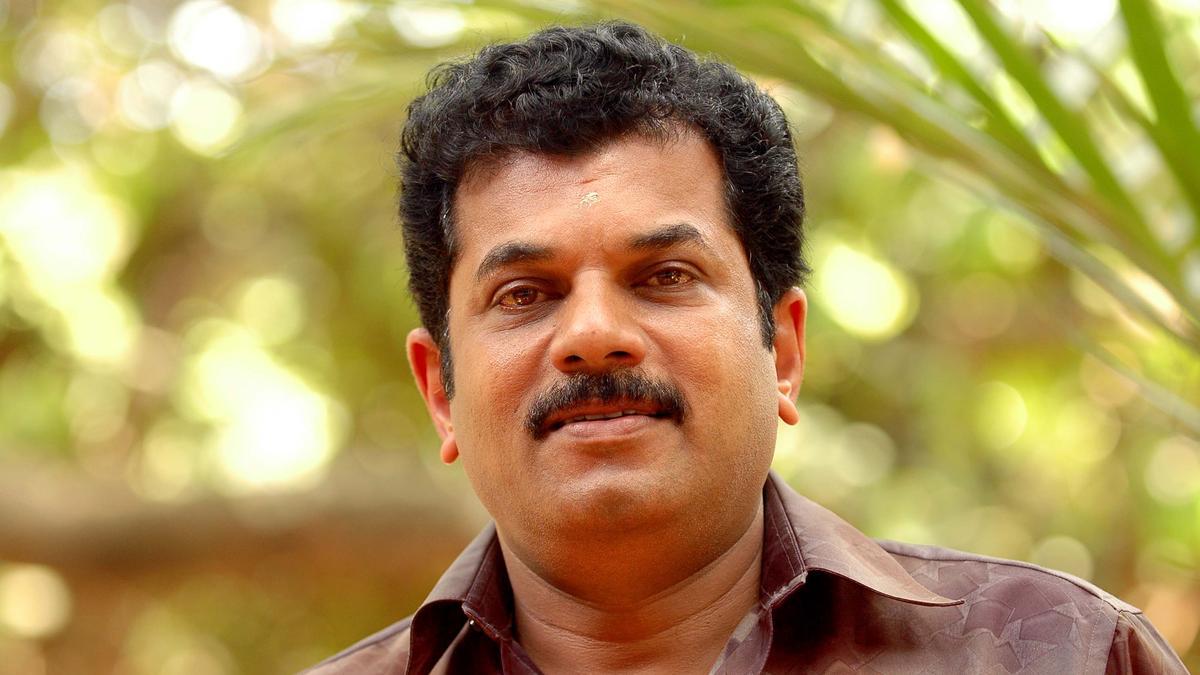
The tinsel town of Bollywood has been graced by numerous luminaries over the decades, but none have quite ignited the exuberance that Rajesh Khanna did in the golden era of Indian cinema. The charismatic actor, affectionately known as Kaka, redefined stardom and became the heartthrob of a nation with his emotive delivery and unforgettable lines. As December 29 approaches, marking what would have been another year added to his legacy, we pause to cherish some of Kaka’s most enduring dialogues that continue to resonate with audiences, transcending the confines of time.
In an epoch that predated the technological marvels facilitating instant connectivity, Khanna was a trailblazer who commanded an unprecedented fanbase, igniting hysteria that was unmatched in its intensity. Indeed, he was the first in the industry to be branded the ‘superstar’, a phenomenon that swept the nation off its feet. His charm was such that he was not only the admiration of millions but also the fantasy of many, inspiring behaviors that bordered on the mystical—women would marry his photographs, imprint his car with lipstick kisses, and showcase their devotion with letters penned in their own blood.
Rajesh Khanna’s films not only shattered box office records, making him the highest-paid actor of his time, but also provided a treasure trove of dialogues, many of which continue to be recited by fans and cinephiles alike. His record of consecutive solo superhits remains an untouched testament to his magnetism and talent.
One such memorable dialogue comes from the movie ‘Amar Prem’, where Khanna, playing a man torn by unrequited love, implores his beloved, “Pushpa, mujhse ye aansu dekhe nahi jaate. I hate tears.” This portrayal of vulnerability cemented his place in the hearts of moviegoers.
In ‘Anand’, Rajesh Khanna delivered what is perhaps the most cited of his famous lines: “Arrey oh Babumoshai, hum sab to rangmanch ki kathputliyan hain, jiski dor us upar wale ke haathon main hai… kab, kaun, kaise, kahan uthega ye koi nahin janta.” As Anand, a character that epitomizes optimism in the face of terminal illness, Khanna articulated the philosophical underpinnings of life and death, leaving the audience with a poignant reflection on destiny and divine will.
Kaka’s performance in ‘Avatar’ saw him in a fiery avatar, delivering the powerful, “Seth, jise tum khareedne chale ho, uske chehre par likha hai, not for sale,” showcasing his ability to convey principled resilience against materialistic arrogance.
No less impactful are the words from ‘Bawarchi’: “Kisi badi khushi ke intezaar mein hum yeh chote chote khushiyoon ke mauke kho dete hain,” where Khanna’s character reminds us all to find joy in the little things rather than waiting for grand celebrations that may never come.
Khanna’s dialogue from ‘Namak Haram’ illustrates the plight of a man torn between loyalty and morality: “Maine tera namak khaya hai, isliye teri nazron mein namak haraam zaroor hun. Lekin jisne yeh namak banaya hai, uski nazron main namak haraam nahi hun.” Here, he confronts his friend, played by Amitabh Bachchan, in a narrative that underscores friendship, betrayal, and societal structure.
Lastly, in ‘Safar’, Khanna’s line “Main marne se pehle marna nahin chahta” from the heart-wrenching drama, talks to the human spirit’s will to live life to the fullest, leaving the audience with a somber reflection on the inevitability of death and the desire to embrace life while it lasts.
As we reminisce Rajesh Khanna’s unparalleled contribution to Indian cinema, it is clear that his performances carved not just lines in the script, but etched deep within the cultural psyche of a nation. His dialogues have become a legacy, warmly recited and revered, forever capturing the imagination and hearts of generations to come. On the eve of his birth anniversary, we celebrate the superstar who brought to life characters and emotions with such ardor that they became a defining part of India’s cinematic history.










